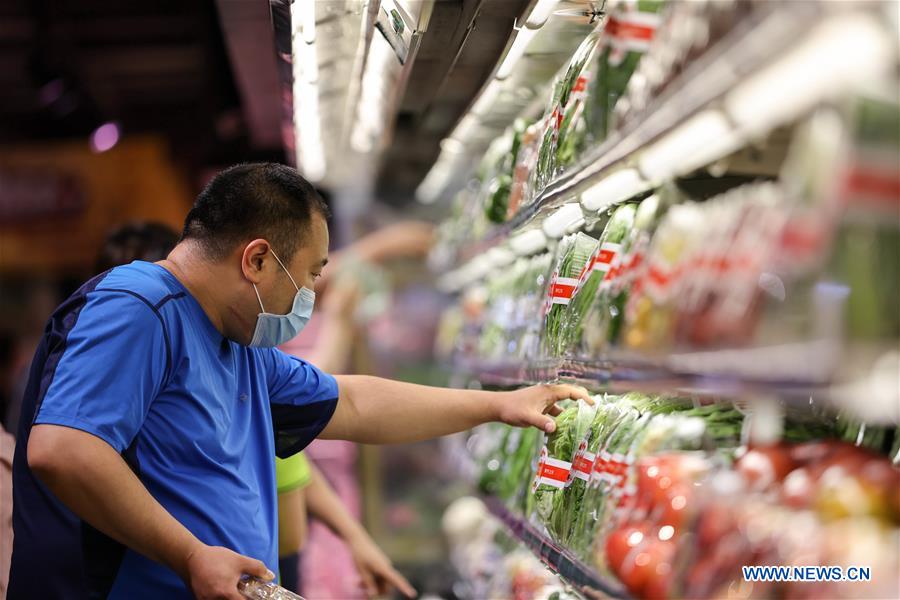Reforms required to strengthen food security
China Daily | Updated: 2021-07-21 07:07

The Food and Agriculture Organization and the International Fund for Agricultural Development along with three other United Nations departments released a report on food security and nutrition on July 12. The report, State of Food Security and Nutrition in the World 2021, estimates that between 720 million and 811 million people in the world suffered from hunger last year, about 161 million more than in 2019.
Statistics of the FAO indicate that food price index had surged for 12 months in a row as of May 2021, reaching the highest level in a decade. The dramatic increase in food prices is exposing more impoverished families to hunger.
The United States' limitless quantitative easing policies have directly pushed food prices higher, and serious droughts have affected Brazil and the US, two main exporters of agricultural produce this year, and these have also contributed to driving up food prices worldwide.
China is the largest food importer in the world. Although its self-sufficiency rate in rice, wheat and corn averages more than 97 percent, its demand for imported meat and poultry is increasing fast-about 25 percent of meat and poultry are imported-and about 85 percent of the soybeans it consumed in 2019 were imported.
Due to the tremendous significance the most populous country attaches to food security, China has effectively cushioned international food price hike's influences on its food supply, and maintained the food price at home at a stable level.
The outbreak of the novel coronavirus, and the US attempts to contain China have both spurred the country to try its best to realize self-sufficiency in food by modernizing its agriculture and guaranteeing seed security.
That many countries are restricting exports of agricultural products because of the COVID-19 pandemic has also prompted the country's decision-makers to strengthen their efforts to ensure the country has self-sufficiency in food in case of an emergency, which entails increasing the productivity per unit of land.
That said, land reform should be deepened across the country so that the small patches of land collectively owned by different families in a village, which are often left uncultivated as the farmers work in cities as migrant workers, can merge into large-scale farms to pave the way for mechanized farming operated by agricultural cooperatives of the farmers.
The government also needs to continue to increase its inputs into agricultural science and technology research, and agricultural facility construction to enhance the capacity of farms to resist natural disasters.
The country still has tremendous potential to make the best use of what it has to guarantee the Chinese people can always hold and fill their bowls.
If you have a specific expertise, or would like to share your thought about our stories, then send us your writings at opinion@chinadaily.com.cn, and comment@chinadaily.com.cn.
























